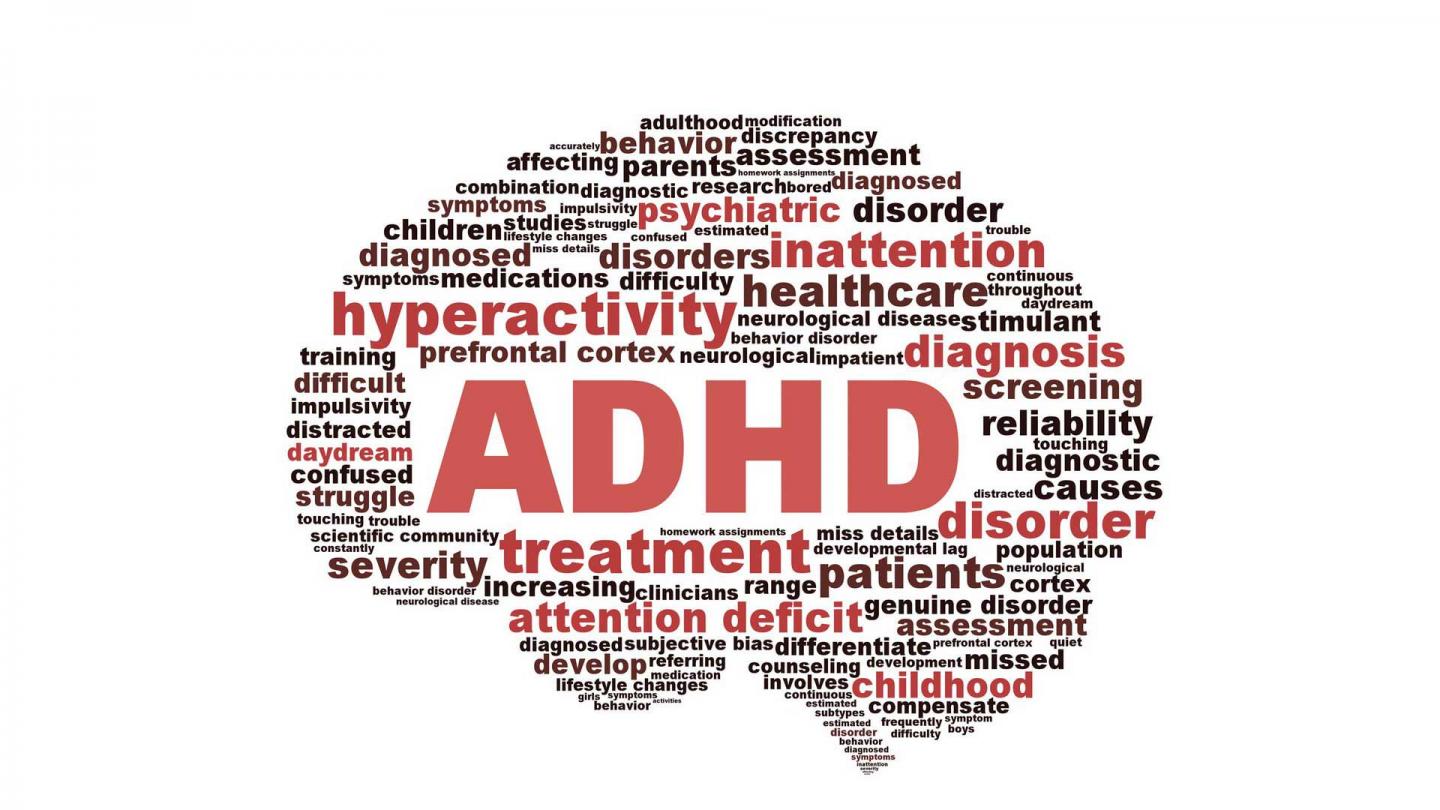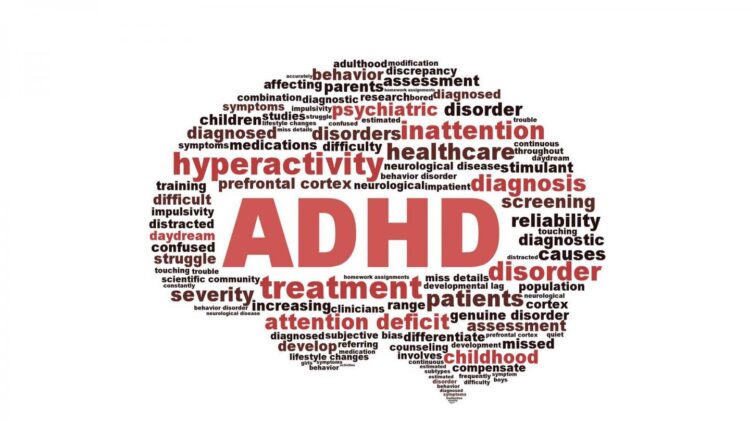The University of Huddersfield is working with the South West Yorkshire Partnership NHS Foundation Trust by using artificial intelligence to speed up diagnosis

Credit: University of Huddersfield
IT has been estimated that 1.5 million UK adults have attention deficit hyperactivity disorder (ADHD), leading to a wide range of difficulties, jeopardising careers and relationships. Treatments are available, but diagnosis by the hard-pressed NHS can be slow.
Now, a professor at the University of Huddersfield has harnessed Artificial Intelligence (AI) to speed up the process.
ADHD in adults has emotional symptoms that include extreme irritability, low self-esteem and a sense of insecurity, trouble staying motivated and hypersensitivity to criticism.
These issues can result in poor organisational skills, trouble starting and finishing projects and chronic lateness. The Royal College of Psychiatrists has also said that people with the disorder were more likely to be involved in criminal behaviour or become suicidal.
Professor Grigoris Antoniou is a globally-acknowledged expert in AI and has already helped to develop its potential to predict suicide risk in mental health patients. He has now continued his research collaboration with the South West Yorkshire Partnership NHS Foundation Trust (SWYPFT) in order to show how the technology can be used to help diagnose ADHD in adults and whether further treatment is warranted.
“There are long and growing waiting lists, as people wait to be diagnosed and treated, and this can result in adverse effects on their work, their social life and their family life,” said Professor Antoniou, adding that a reason for the lengthening waiting time is that there are few specialist clinicians able to do a full diagnosis.
“So, we set out to use AI to provide help with decisions. The idea is that the AI technology will be able to identify the clear-cut cases. In many cases, the data itself more or less tells us whether it is a ‘yes’ or a ‘no’ for further treatment.
“The technology is fully embedded in a clinical pathway which ensures there will always be a clinician who can over-ride what the AI says,” continued Professor Antoniou.
The procedure
The procedure is that the data routinely collected prior to ADHD diagnosis is fed into an AI algorithm. Three outcomes are the result: yes or no to further treatment or an unclear result that requires further assessment of the patient.
Professor Antoniou explained that two AI technologies had been harnessed for the project.
“One is machine learning-based. We took data from previous cases and trained a prediction model. The second method is knowledge-based. We worked with clinical experts and asked what their diagnosis would be if they are faced with this data. We then encoded this knowledge.”
The AI solution to diagnosis has been co-developed by Professor Antoniou with his collaborator Professor Marios Adamou, consultant psychiatrist at the South West Yorkshire NHS Trust and Visiting Professor at the University of Huddersfield.
“It is the close interplay of AI and medical expertise that has made this development possible,” Professor Antoniou said, “and it is important to have such interdisciplinary collaborations between computer science and health science at Huddersfield.”
The technology could result in major cost savings for the NHS and Grow MedTech – a major UK programme providing specialist support for innovation in medical technologies, involving a consortium of universities that include Huddersfield – has provided backing that will enable Professor Antoniou and his collaborators to explore the commercialisation of the product.
###
* The work is taking place in the University’s Planning, Autonomy and Representation of Knowledge (PARK) Research Centre under the leadership of Professor Antoniou with researchers Ilias Tachmazidis and Tianhua Chen.
Media Contact
Grigoris Antoniou
[email protected]
Original Source
https:/





